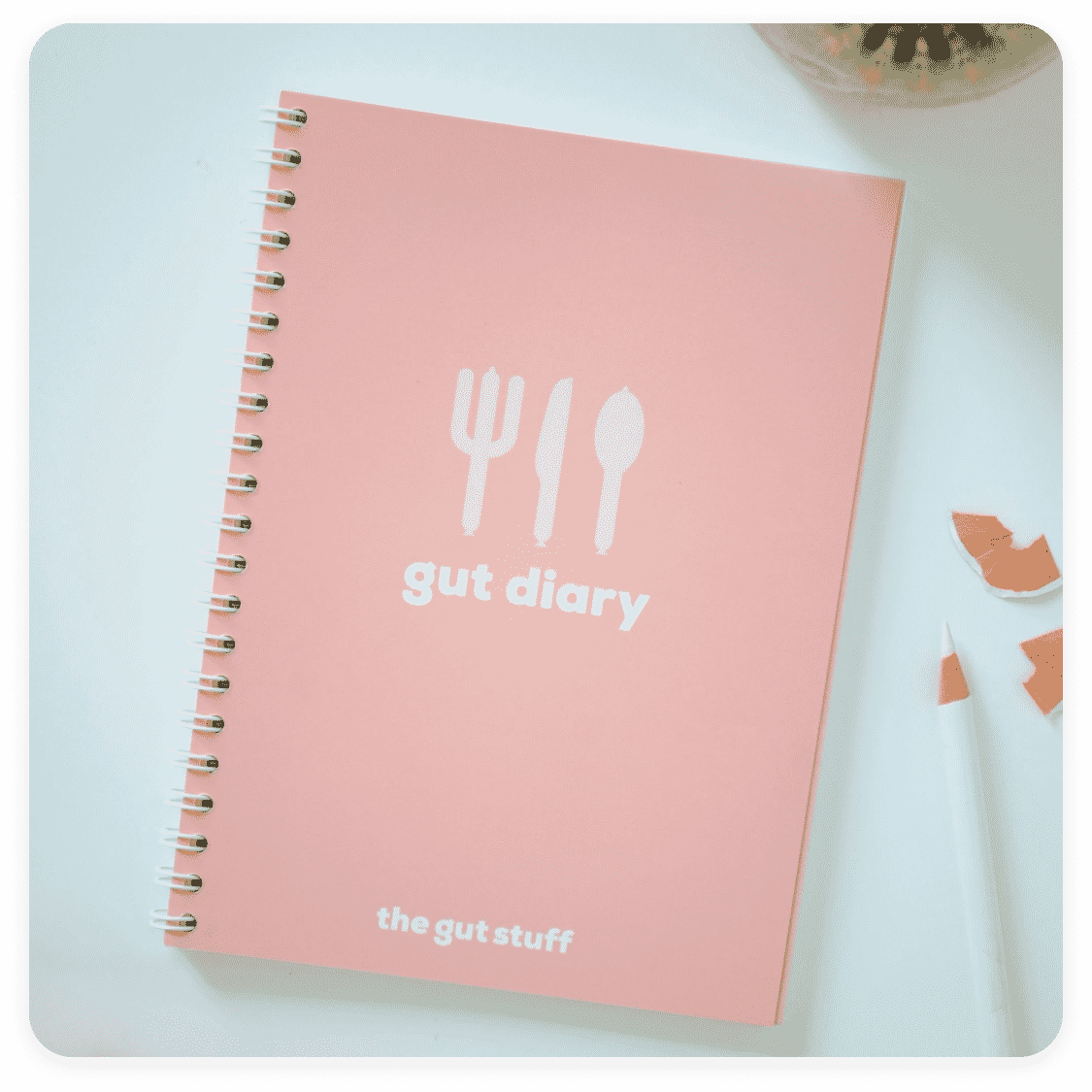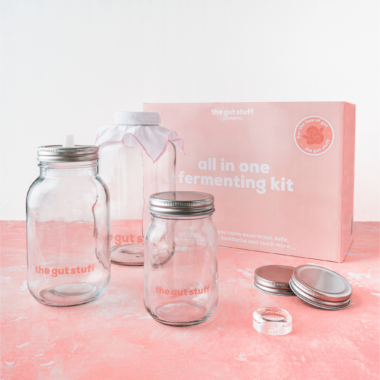getting the best from your GP appointment
our favourite Embarrassing Bodies doctor, Dr. Dawn Harper, tells us how to get the most out of your GP appointment, especially with gut issues.
Most GP appointments are just 10 minutes, which isn’t a lot of time for you to say and ask what you need to and for your doctor to explain what is going on and answer all your questions. It is frustrating from both sides of the fence. Last year, my surgery extended routine appointments to 12 minutes. It is definitely better but I would love to have at least 20 minutes with each patient. Unfortunately, the pure numbers of people we need to see each day, doesn’t allow us that luxury, so for the moment at least we have to make the most of what we have. Here are my top tips on how to make the most of your GP appointment.

-
ask the receptionist who you should see
That may sound strange but receptionists know each doctor’s area of expertise. We are generalists by definition but we all have areas of special interest. So if you have a problem related, for example, to gut health, the reception staff will know which doctor has more interest in this field of medicine. Sometimes it may mean waiting a little longer for the appointment, but it is usually worth it. And rest assured, our receptionists are bound by the same rules of confidentiality as we are so they will be discrete.
-
keep a symptom diary
Put the time waiting for your appointment to good use by spending some time thinking about time frames and factors that exacerbate your symptoms or the things that you may have tried that have improved your problem. The more information you can give your doctor, the easier it will be for him or her to pinpoint the diagnosis and tailor your treatment. In the case of gut health problems, keeping a symptom and food diary for a couple of weeks before seeing your doctor can be very revealing.
-
write down your questions and fears
In such a brief appointment it can be easy to forget everything you want to say. Making a note of the things you want to ask will make sure you don’t miss anything out. And don’t be afraid to ask specifics. I had one lady with a digestive problem and she came back three times in quick succession. I clearly wasn’t getting to the route of the problem. On her third visit I asked her whether there was anything specific that she was worrying about that I hadn’t addressed. She said yes, she was terrified she could have cancer. I was so certain that her problem wasn’t cancer that I could have seen her another three times without mentioning the ‘C’ word and she would have continued to worry. It turned out that she had recently lost a good friend to cancer and, in her own words, had become fixated on the possibility that she could also succumb. So, whatever it is, if you have a particular worry, please voice it early on
-
take a friend
Numerous studies have shown that we only retain a fraction of the information given to us in a doctor’s appointment. I always welcome friends or relatives into a consultation on two accounts. Firstly they can take notes or even if they don’t do that, they will remember parts of the appointment that the patient may not. But also they often give a more truthful story of just how much a particular problem is affecting the individual. It is amazing how often patients try to put on a brave face but we really do want to know how bad things are.
-
consider a double appointment
Most surgeries can offer a double appointment for more complex problems. If you think you may need longer than the normal 10 minutes, it is worth asking for a double appointment but I would urge you to only do this when necessary. As I have said I would love all appointments to be “double”, but sadly we just don’t have enough time to allow for this and if everyone booked double appointments the system would implode.
-
be clear on what happens next
Make sure that you are very clear in your mind at the end of an appointment when you need to come back, what time frame you can expect your recovery to take, what factors to look out for or under what circumstances you should come back sooner, how you can expect to receive any test results and how long you should expect to continue any treatment.

Get to know your gut
with our gut diary
Check out our gut diaryYou can get plenty more useful info straight from Dr. Dawn with her new book Live Well to 101. Click here to purchase.
disclaimer: The information on this website is provided as an information resource only and is not to be used or relied on for any diagnostic, treatment or medical purpose. All health issues should be discussed with your GP and/or other qualified medical professional.




